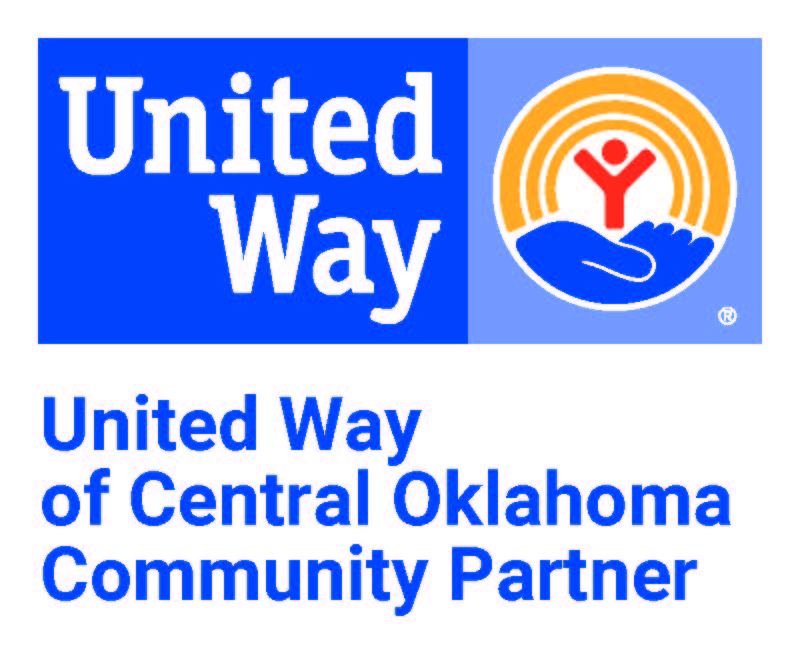Self-care is thrown around a lot in organizations struggling with staff burnout or staff turnover due to burnout. It’s usually brought up or recommended before the inevitable happens and a staff member quits. It’s often used as a reaction to instead of a preventive measure or a call to organizational self-reflection.
Self-care is anything you do to take care of yourself for your wellbeing. Almost anything can be considered an act of self-care. Here are a few often used examples: taking a nap, reading a book, or going for a walk. I want to argue that self-care is deeper than simply making time to read a book. It’s more than what we call a technical change, which is a type of change to address an immediate problem. It’s an adaptive change in which you are intentionally setting aside time in your day, week, month, or year, to do something that cares for your wellbeing. Self-care is something you do that is life-giving and helps you function at your best.
Here are the takeaways from today’s Monday Morning Joe:
Our mission is to put Christian principles into practice through programs that build healthy spirit, mind and body for all.
The YMCA of Greater Oklahoma City is a 501(C)(3) Non-Profit Organization. Donations are tax-exempt.

All YMCA of Greater Oklahoma City locations will be closed on Thursday, July 4 in observance of Independence Day. 24/7 access will continue to be available at locations where the service is offered. Work out with us anytime with YMCA360.